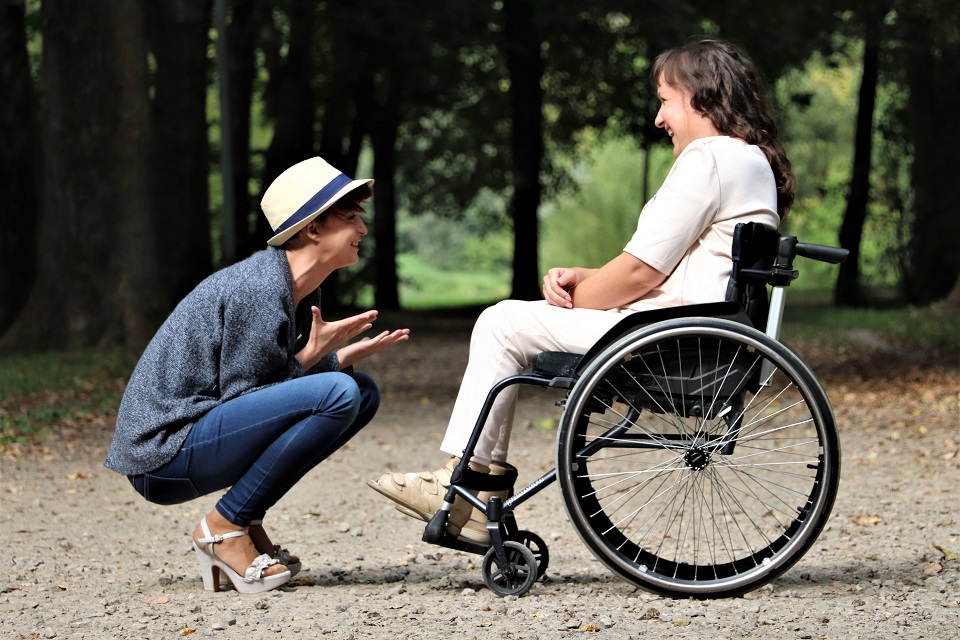When filing a claim for disability compensation, evidence is vital. This includes federal records, private medical information, lay statements from friends and family members, and even expert opinions, if applicable.
Supplementary evidence is a vital part of any VA claim. Here are some of the most important types of evidence veterans should consider submitting.
Table of Contents
Medical Records
One of the most important things you can do to strengthen your claim is assembling comprehensive medical records. These should be from both your military and private healthcare providers. They should paint a clear picture of the presence and severity of your claimed condition. It is especially critical to have your doctor write a nexus letter that links your disability to service.
A strong nexus letter must include the healthcare professional’s expertise and qualifications, a clear statement linking your disabilities to service, and a comprehensive explanation of how you suffer from these conditions due to your military service. The VA has been known to discredit nexus letters that do not meet these requirements.
It is also crucial to track down your medical records from the military, including enlistment and separation examinations, hospital stays, and sick calls. These records will often prove that your disability began in service.
Witness Statements
For specific disabilities, medical records alone may not fully capture the impact the disability has on a veteran’s life. This is where lay statements are helpful.
A buddy statement can corroborate an in-service stressor or describe how a specific condition has affected the veteran’s behavior and personality. This evidence is beneficial when establishing a connection between a disability and military service.
In these types of claims, the VA has a history of regarding these statements as credible, especially when done correctly. This is because buddy statements are written by individuals who serve alongside a veteran and have firsthand knowledge of their experience. These individuals should be familiar with the circumstances of a particular claim, such as a claim for PTSD or a herniated disc, and they should be able to provide competent and reliable information that directly supports that claim filed with the help of veterans disability lawyers. This evidence can make a difference in the final decision of the claim.
Lay Statements
Extensive medical evidence is essential, but having personal statements from friends and family members can make your disability case stronger. These types of statements, often called buddy or personal letters, are written by people who have known the veteran before and after service and can testify about changes they have seen. They can also describe what they saw on active duty that may have triggered or aggravated the disability.
For example, a buddy letter from someone who served with you can help shed light on how your shoulder separation happened while on active duty and how it impacted you afterward. A spouse’s statement about how sleep apnea has changed their relationship and can even lead to serious health issues like diabetes is another type of lay evidence that can be extremely helpful in your claim.
Expert Opinions
A vital aspect of a veteran’s disability claim is the evidence submitted. This evidence includes medical records, expert opinions, and more. Suppose a veteran has already submitted their disability claims and been denied. In that case, it is recommended that they submit new and current information in the form of a supplemental claim to improve their chances of receiving a higher rating or a successful outcome at the appeals stage.
Alternative evidence, like buddy statements from comrades who have witnessed the severity of a veteran’s disabilities, can also play a significant role in their case. Similarly, conducting medical research can help bolster a veteran’s claim and demonstrate a medical nexus between their present-day disability and active duty service. This is especially important when claiming multiple disabilities, as the VA often rates each disability individually to create a combined rating. The more evidence a veteran can submit that proves the existence of each disability, the higher their ratings will be.



